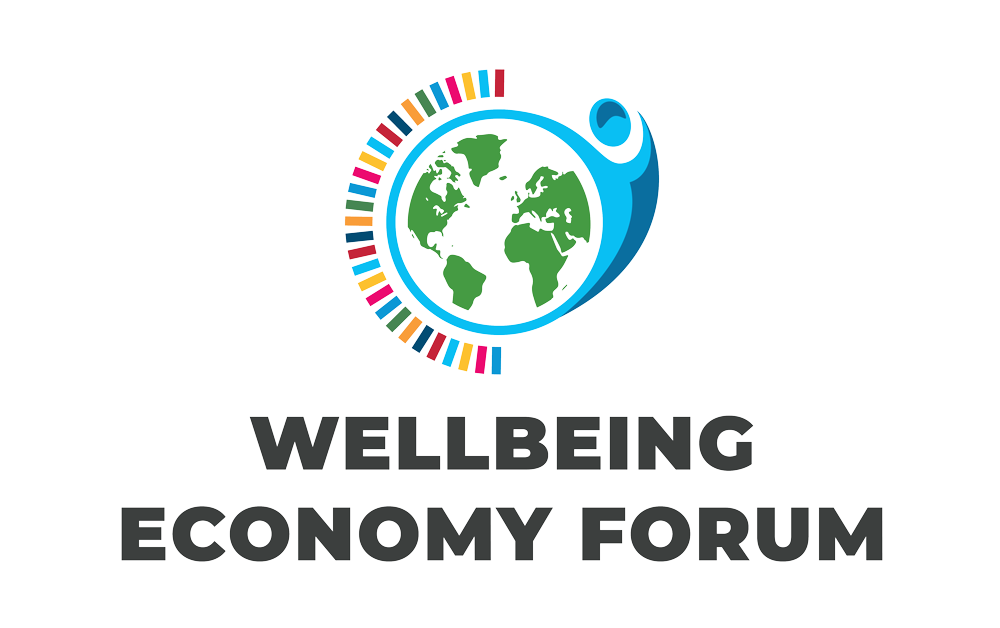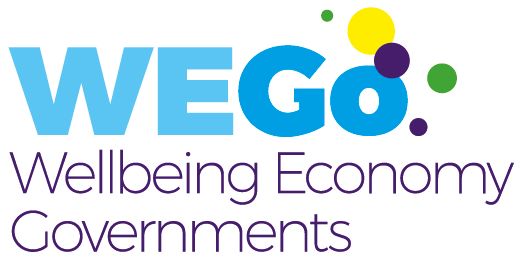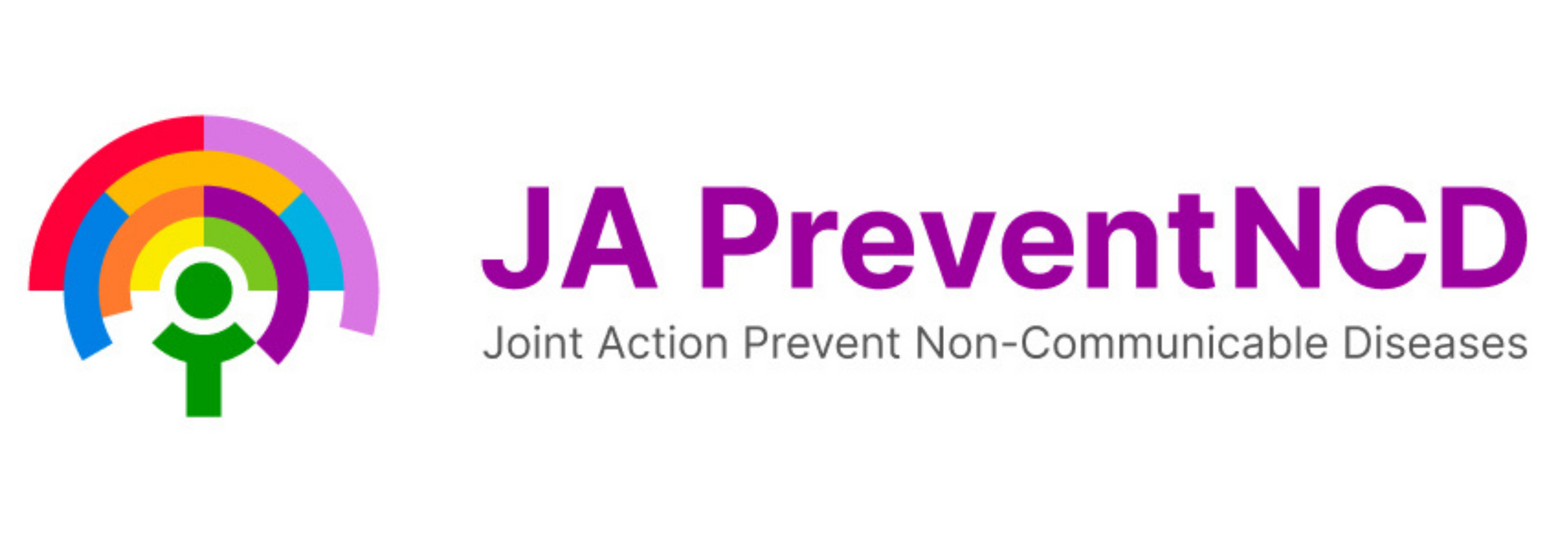WELCOME to the 2nd
WELLBEING ECONOMY FORUM in ICELAND 11-12 JUNE 2024
The Wellbeing Economy Forum is taking place in Reykjavík, Iceland, during the bright night season. The Prime Minister´s Office and the Directorate of Health host the conference. The venue is Harpa, Reykjavik´s spectacular conference and concert hall located by the harbour, downtown Reykjavik
OUR AIM IS TO FOSTER AN ENVIRONMENT WHERE DIVERSE PERSPECTIVES CONVERGE WITH A SHARED COMMITMENT TO CRAFTING SUSTAINABLE WELLBEING FOR ALL.
Wellbeing Economy
Forum
A platform for dialogue, interdisciplinary collaboration and change among politicians, policymakers, business leaders, academics and practitioners worldwide.
WEALL
Wellbeing Alliance
Knowledge sharing, advocacy and policy influence, collaborative projects for reimagining the economic system.
Sustainable Wellbeing Economy
Emproved quality of life for current and future generations. Fostering longterm sustainability for people and the planet.
The hosts of 2024
BJARNI BENEDIKTSSON
Prime minister of Iceland
willum þór þórsson
Minister of Health in Iceland
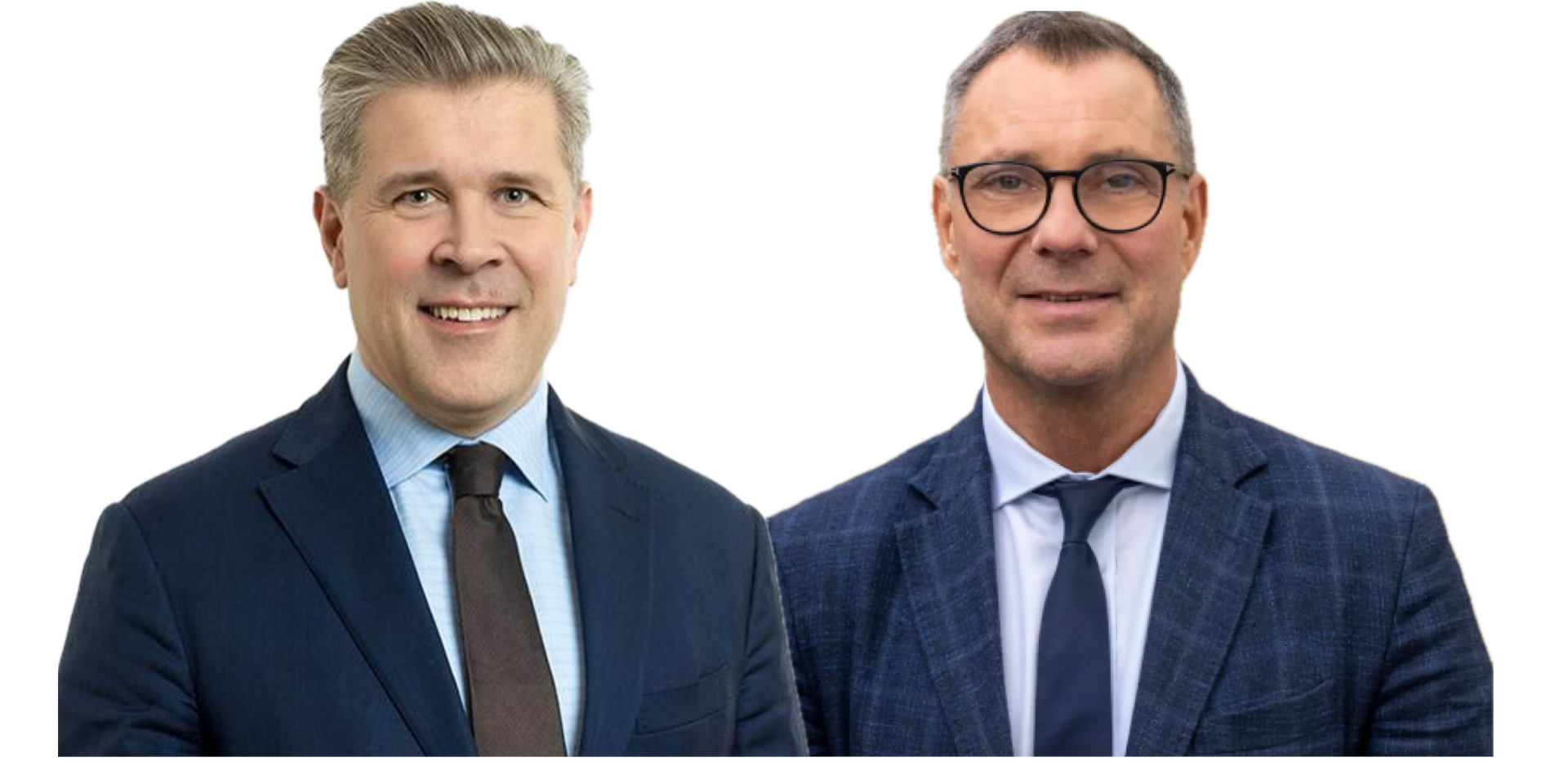
the SPEAKERS

BJARNI BENEDIKTSSON
Bjarni Benediktsson is the Prime Minister of Iceland. Bjarni took office as Prime Minister in April 2024 and has served as a member of the Icelandic parliament Althingi for Southwest Iceland since 2003 for the Independence Party. He has been the Leader of the Independence party since 2009. Bjarni was Minister of Foreign Affairs from 2023-2024, Minister of Finance and Economic affairs from 2017-2023, Prime Minister 2017 and Minister of Finance and Economic Affairs from 2013-2017. Bjarni governs in coalition with the Centrist Progressive Party and the Left-Green Movement.
Willum þór þórsson
Willum Þór Þórsson is the Minister of Health in Iceland. Willum took office as Minister of Health in November 2021 and has served as a member of Althingi for the Southwest Constituency since 2013 for the Progressive Party. Prior to his appointment as Minister of Health, Þórsson served as chair of the Budget Committee from 2017 – 2021 and as Deputy Speaker of Althingi 2019–2021. In his current role, Þórsson has been instrumental in implementing policies aimed at improving the quality and accessibility of healthcare in Iceland with increased focus on both public and mental health.
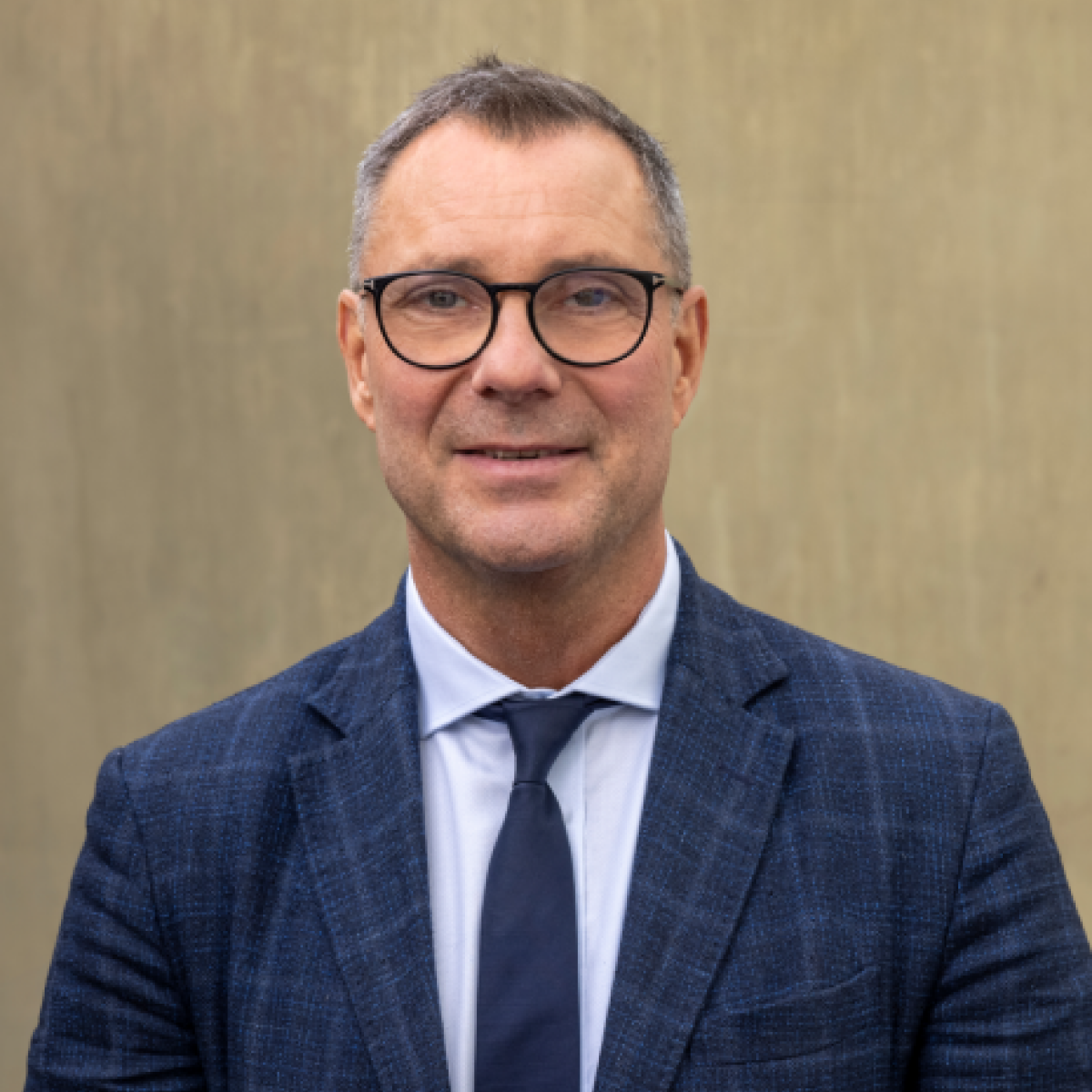
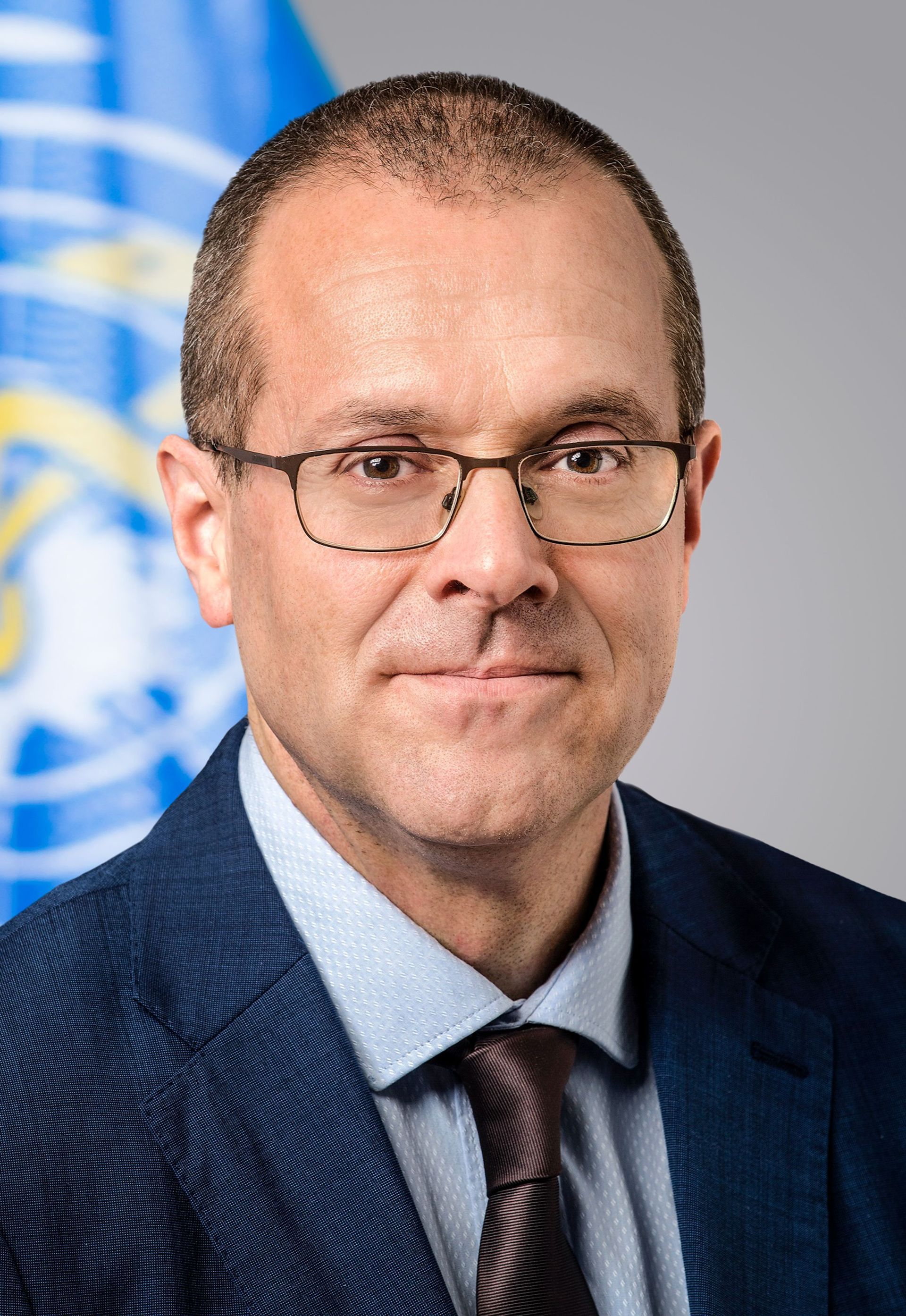
Hans Kluge
Dr. Hans Henri P. Kluge of Belgium embarked on his role as WHO Regional Director for Europe on February 1, 2020, shortly before COVID-19 was declared a global pandemic. Since then, he and his team have led WHO’s response to this health emergency across 53 countries encompassing Europe and Central Asia. Lessons learnt from the crisis, along with other key health priorities, are encapsulated in the WHO European Programme of Work, which reflects a dual track approach to health: Preparing better for mounting health emergencies even as countries strengthen essential health systems and services including for non-communicable diseases. In his current role, Dr. Kluge advocates all the more strongly with governments and funders for health systems strengthening, prioritising primary health care as a cornerstone of public health. “For me, universal health coverage is more than a slogan,” he says. “Strategic, practical investments, grounded in human rights and propelled by political will, can transform societies and countries – accelerating the achievement of health for all.”
Gabriela Ramos
Gabriela Ramos is the Assistant Director-General for the Social and Human Sciences of UNESCO, where she oversees the institution's contributions to building inclusive societies. Her mandate includes tackling economic inequalities of income and opportunity, and promoting social inclusion and gender equality. She also oversees the youth support agenda, promotion of values through sport, fight against racism and discrimination, and ethics of science, including of neurotechnology and the internet of things. She has overseen the development and adoption of the first global instrument to promote the ethics of artificial intelligence, adopted by acclamation in 2021 by UNESCO's General Conference. She is currently leading UNESCO and international policy-makers and experts’ call to establish a global governance of the ethics of neurotechnology. Previously, Gabriela Ramos worked as Cabinet Director and Sherpa for the G20, G7 and APEC at the OECD, contributing to increasing the OECD's global impact and leading key initiatives such as "Inclusive Growth", "New Approaches to Economic Challenges", "Climate Change and Growth", the gender equality strategy and work on well-being and children. In 2013 she was awarded the Order of Merit (Ordre du Mérite) by the President of France. Her work to promote gender equality has earned her several awards including from Forbes and Apolitico. She has been a Fulbright and Ford McArthur Fellow. She is an alumna of Harvard University's Masters in Public Policy and Universidad Iberoamericana's BA in International Relations. She is a board member of the "Paris Peace Forum"; the "UNICEF Advisory Board"; as well as the "Lancet Commissions on COVID and on Men's Violence against Women", and member of the Danone "Entreprise à Mission" Committee.
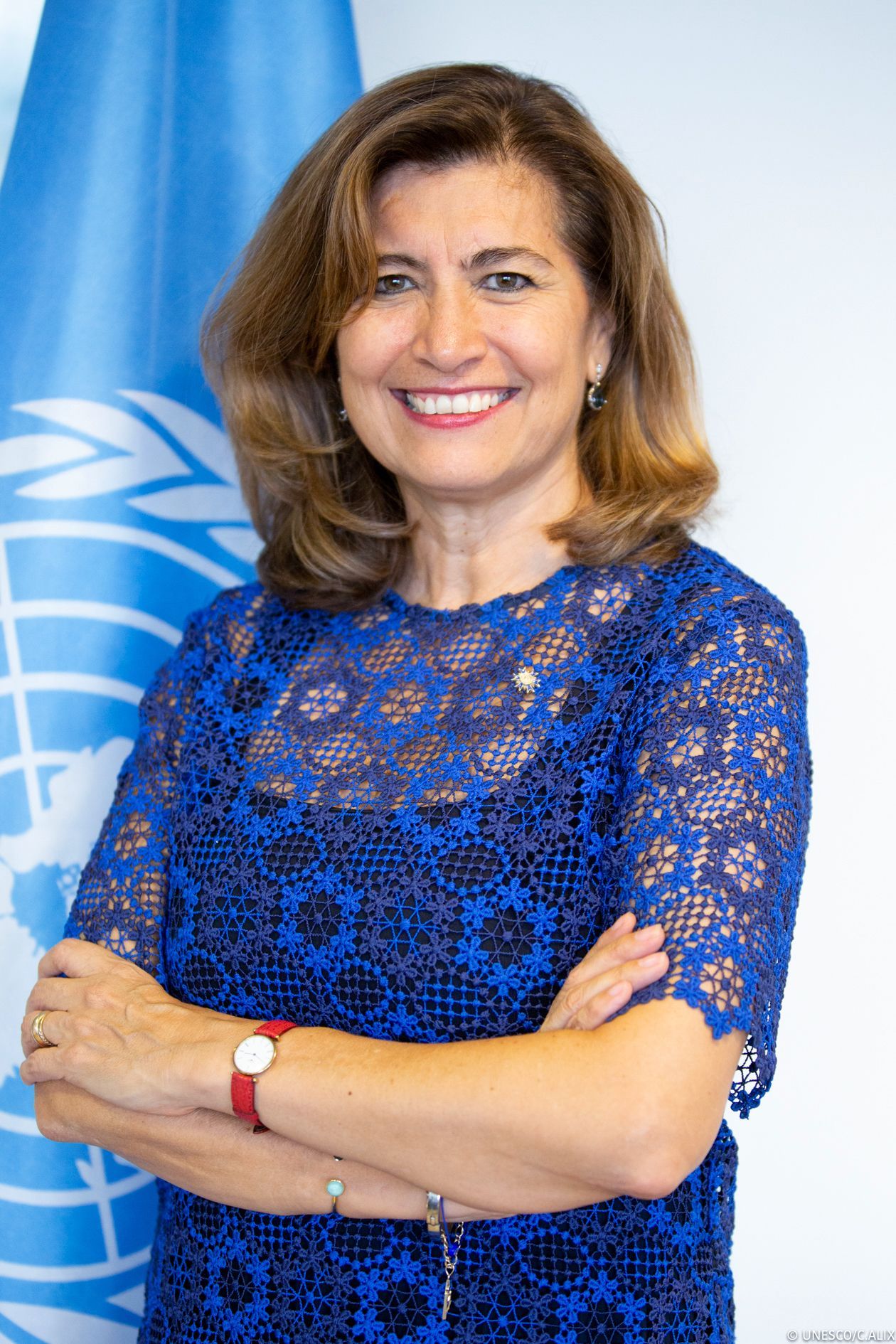
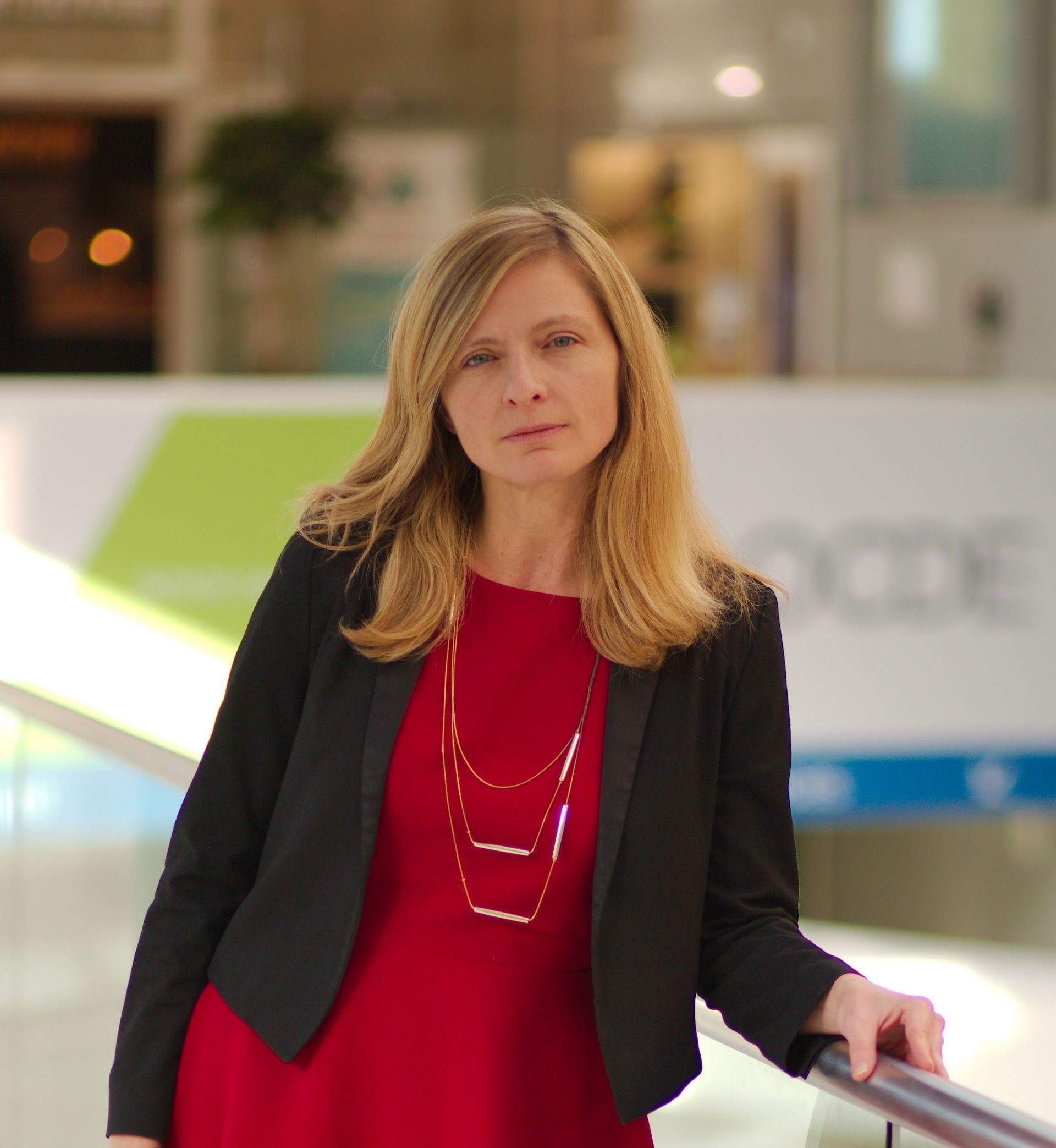
Romina Boarini
Dr. Romina Boarini is the Director of the OECD WISE (Well-Being, Inclusion, Sustainability and Equal Opportunity) Centre, where she promotes the OECD’s position as a leading international institution in the area of well-being, inclusion, sustainability and equal opportunity, and contributes to strengthening OECD research and advice on the Beyond GDP Agenda; policies for well-being; inclusive growth and SDGs. She was previously a Senior Advisor to the OECD Secretary- General and the Head of the Inclusive Growth Initiative, where she developed the OECD Framework for Action on Inclusive Growth and launched Business for Inclusive Growth, a coalition of 40 multinationals committed to fight inequalities.
Before joining the Office of the Secretary-General, Romina worked as Deputy Head of the Well-Being Division of the Statistics Directorate and the Head of the Well-Being and Progress Section, where she was responsible for OECD Better Life Initiative. Before joining the OECD in 2005, Ms. Boarini was a post-doctoral fellow in Sustainable Development (Chaire EDF-Ecole Polytechnique) and worked as a consultant to the French Ministry of Social Affairs. Ms. Boarini, an Italian national, holds a PhD in Economics from the Ecole Polytechnique (Paris) and her Research Interests include: Well-being, Poverty, Education and Behavioural Economics.
ragnheiður Elín Árnadóttir
Ragnheiður Elín Árnadóttir has been the Director of OECD Development Centre since 16 August 2021. Ms. Árnadóttir served as Minister of Industry and Commerce in Iceland from 2013-2017 and was an elected Member of Parliament for the Independence Party from 2007-2016. Before being elected to Parliament, she was successively a political advisor to the Minister of Finance, the Minister of Foreign Affairs and the Prime Minister. She also worked for the Trade Council of Iceland both in New York and in Reykjavík. A nonresident Senior Fellow at the Atlantic Council's Global Energy Centre, she was also a Board member of RÚV (Icelandic National Broadcasting Company) and of the American- Icelandic Chamber of Commerce. She was the Chairman of the Board of Directors of Duty Free Iceland, and a member of the Board of Directors of Landsvirkjun (national power company). Ms. Árnadóttir has a Master’s Degree in Foreign Service from Georgetown University in Washington, D.C., and a Bachelor’s Degree in Political Sciences from the University of Iceland.


RICHARD LAYARD
Professor Lord Richard Layard is the founder-Director of the Centre for Economic Performance - a leading inter-disciplinary research centre at the London School of Economics. He is currently co-Director of their Community Wellbeing programme. Richard is an economist who thinks there is more to happiness than just the economy. In 2005 he wrote the best-selling book Happiness: Lessons from a New Science, translated into 20 languages. He has had huge influence on making psychological therapy more widely available in Britain’s National Health Service, and in 2014 co-authored Thrive on how we can secure a better deal for mental health. In 2018 he co-authored The Origins of Happiness – an analysis of what determines our happiness, based on a range of longitudinal datasets. Richard’s latest book Can we be happier? The evidence and ethics for better lives explores how teachers, managers, health professionals, couples, community leaders, economists, scientists, politicians, and we as individuals can create a happier world.
Ilona kickbush
Professor Ilona Kickbusch is the Director of the Digital Transformations for Health
LAB at the University of Geneva and co-chair of the Council of the World Health
Summit. She is a member of the Global Preparedness Monitoring Board, the WHO Council on the Economic of Health for All, Founder and Chair of the Global Health Centre at the Graduate Institute of International and Development Studies in Geneva and vice-president of the European Health Forum Gastein. She works on a continuous basis with EU presidencies on global health and was advisor to the development of a revised European Global Health Strategy. She publishes widely and serves on many commissions and boards. She initiated the @wgh300 list of women leaders in global health. She is program chair of the leaders in health network SCIANA at Salzburg Global. She was co-chair of a Lancet FT Commission on“Governing health futures 2030: growing up in a digital world.” She is honorary professor at the Charité, Berlin. Professor Kickbusch has had a distinguished career with the World Health Organization. She was key instigator of the Ottawa Charter for Health Promotion and WHOs Healthy Cities Network. She was the director of the Global Health Division at Yale University School of Public Health and responsible for the first Fulbright Programme on global health. She has received many prizes and recognitions. She has been awarded the Cross of the Order of Merit of the Federal Republic of Germany (Bundesverdienstkreuz) and the WHO Medal for contributions to global health.
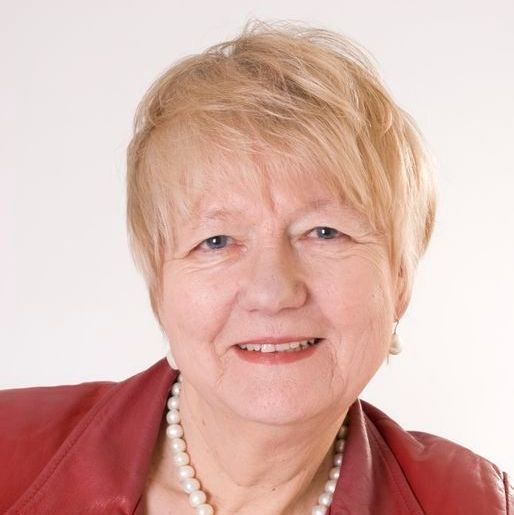

SANDRINE DIXSON-DECLEVE
Sandrine Dixson-Decleve is environmental scientist and policy specialist. She has spent her career working with and bringing together business leaders, policy makers, academia and NGO’s to unpack complex challenges and translate science and complex thinking into policy with a focus on complex systems analysis, international and European climate, energy, sustainable development, sustainable finance policy development and implementation. Sandrine is the Co-President of the Club of Rome and Executive Chair of Earth For All and sits on several non-executive boards and advisory boards including for BMW, EDP, UCB, Climate KIC, Leonardo Centre, Imperial College London. In addition, she is a Commissioner for the Global Climate Governance Commission, an Ambassador for the Energy Transition Commission (ETC) and the Well Being Alliance (WeAll) and a Fellow of the World Academy of Science & Art. In 2017 Sandrine co-founded the Women Enablers Change Agent Network (WECAN). She teaches at the College of Europe, Bruges, Belgium and is a Senior Associate and faculty member of the Cambridge Institute for Sustainability Leadership (CISL).
Lorenzo Fioramonti
Professor Lorenzo Fioramonti is the Founding Director of the Institute for Sustainability at the University of Surrey (UK) and a former member of Parliament and Minister of Education, University and Research in Italy. He is passionate about sustainability education and research and his books include: Wellbeing Economy: Success in a World Without Growth (MacMillan 2017) and The World After GDP: Economics, Politics and International Relations in the Post-Growth Era (Polity 2017), which have been featured – among others - by Bloomberg and the Financial Times. Lorenzo’s opinion pieces have been published by The New York Times, Financial Times, The Guardian, Foreign Policy, Harvard Business Review, TruthOut, Die Presse, The Conversation, Das Parlament, Der Freitag, The Mail & Guardian, Business Day and www.opendemocracy.net.Lorenzo is a member of the Club of Rome (a leading international institution dedicated to rethinking growth through a wellbeing lens) and the Co-chair of Surrey County Council’s Greener Futures Board. He is also a sought-after public speaker on issues regarding sustainable wellbeing, governance innovation and purpose-driven business. If you want to know more, Lorenzo’s personal website is www.lorenzofioramonti.org

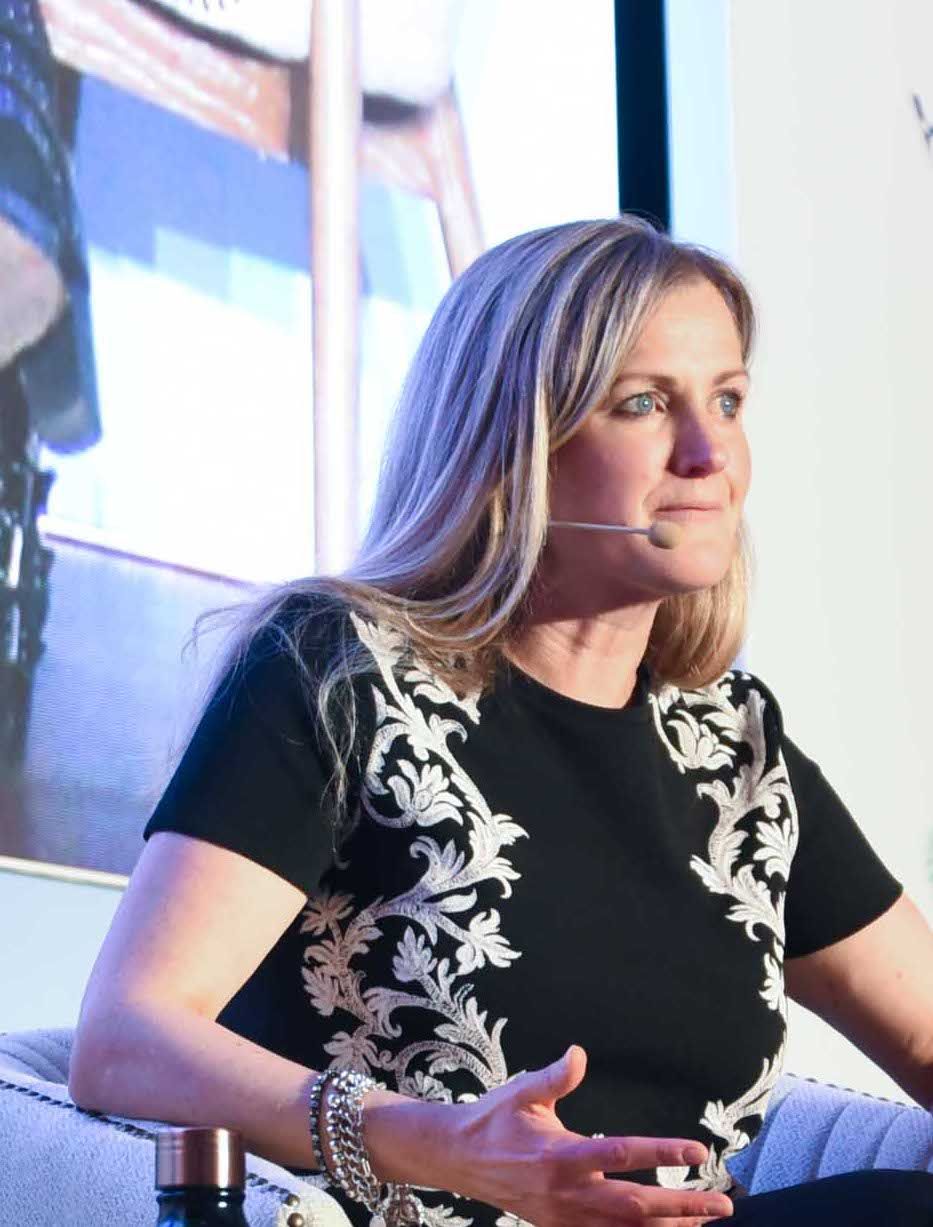
Katherine trebeck
Katherine Trebeck is a political economist, writer and advocate for economic system change. Her roles include writer–at–large at the University of Edinburgh, Economic Change Lead at The Next Economy, and Strategic Advisor to the Centre for Policy Development. She co-founded the Wellbeing Economy Alliance (WEAll) and also WEAll Scotland, its Scottish hub. Katherine instigated the group of Wellbeing Economy Governments (WEGo) – comprising Scotland, New Zealand, Finland, Wales, and Iceland. Katherine is a thinker–in–residence at the Australian National University’s Planetary Health Hot House, a New Economics Senior Fellow at the ZOE Institute, and a Fellow of The Post Growth Institute. She is a member of the Club of Rome and sits on the boards of Hands Across Canberra, the Wellbeing Economy Lab Denmark, and the Centre for Understanding Sustainable Prosperity. She has over eight years’ experience in various roles with Oxfam GB, where she developed Oxfam’s Humankind Index and led Oxfam’s work on downscaling the ‘doughnut’ for various national contexts.
Michael Weatherhead
Michael Weatherhead co-founded the Wellbeing Economy Alliance (WEAll) six years ago. In his role as Development Lead for WEAll, he leads the relationships with new and existing supporters of WEAll, supports the organisation’s focus on redefining the role of business as well as developing and overseeing new programmes of work in the design of international economic architecture. An economist by training, Michael first worked in agricultural trade in both the Caribbean and in Oxford, before becoming managing, and then international director for the consulting arm of the New Economics Foundation (NEF) for over a decade. During that time, he took the concept of wellbeing into organisations as diverse as the United Kingdom’s national health service (NHS), retailer John Lewis Partnership and the apparel industry via Timberland. Previously based in London, South Africa and Spain, he is now based in Glasgow, Scotland. Michael holds post-graduate qualifications in economics and organisational development and uses that knowledge to blend rigorous analysis with innovative learning spaces to advance wellbeing economy solutions.
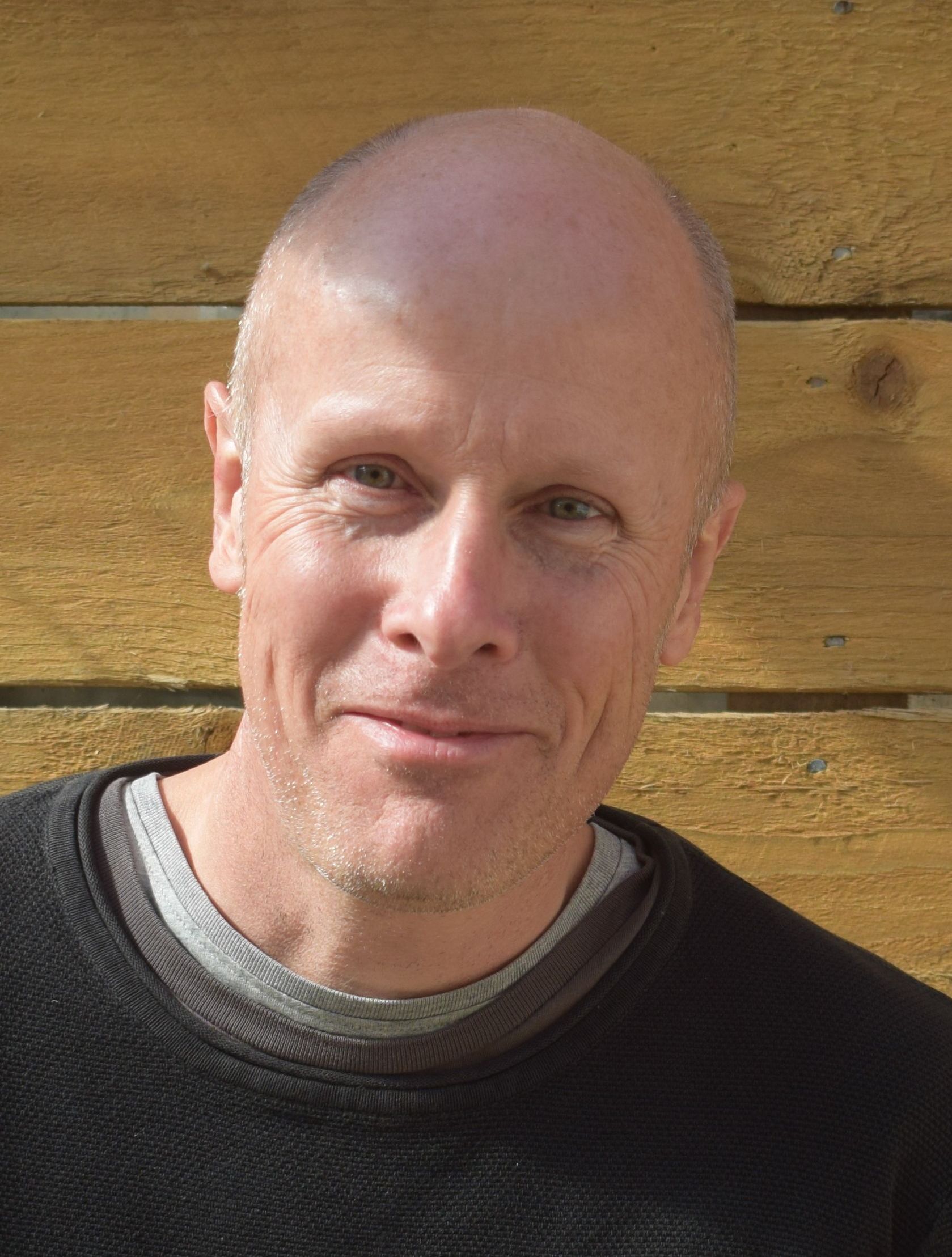
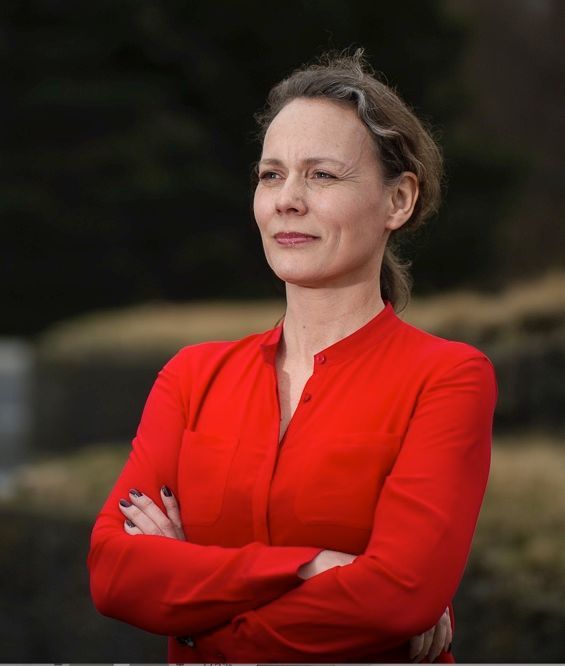
Brynhildur davíðsdóttir
Dr. Brynhildur Davíðsdóttir is a Professor of Environment and Natural Resources within the Departments of Economics and Life and Environmental Sciences at University of Iceland (UoI). She is the academic director of the Environment and Natural Resources graduate programme at UoI and sits on the board of UoI Institute of Economic Studies. She is also the coordinator of the environmental study line of the GRO geothermal training programme under the auspices of UNESCO. Dr. Davíðsdóttir has published over 100 peer reviewed publications and has 25+ years’ experience in teaching, research and consulting with a focus on transitions to low GHG energy systems in different contexts; sustainability assessments in a diverse context with a particular emphasis on social, economic and environmental benefits; wellbeing assessments for example in the context of alternative indicators and the importance of ecosystem services; sustainability indicators and climate change mitigation and adaptation. Dr. Davíðsdóttir is the vice chair of the Icelandic climate council, she sits on the Icelandic science committee on climate change and on the scientific advisory committee for the Footprint data foundation. In addition to her academic duties Dr. Davíðsdóttir has advised multiple governments on issues related to the environment, climate and energy and has been a board member of several Icelandic companies and foundations. She is currently a board-member of Carbfix hf. and the Arctic Circle Foundation.
Gunnar Jakobsson
Gunnar Jakobsson has been the Deputy Governor for Financial Stability at the Central Bank of Iceland since March 1, 2020. Prior to joining the Central Bank he was Managing Director at Goldman Sachs in New York and later in London, where he managed various operational, market, and liquidity risk functions. He joined Goldman Sachs after graduating from Yale University in 2001. Earlier Gunnar worked as a lawyer for the Icelandic Parliament, for the District Commissioner’s Office in Reykjavik, and in private practice. Gunnar has a law degree from University of Iceland and an MBA from Yale University.
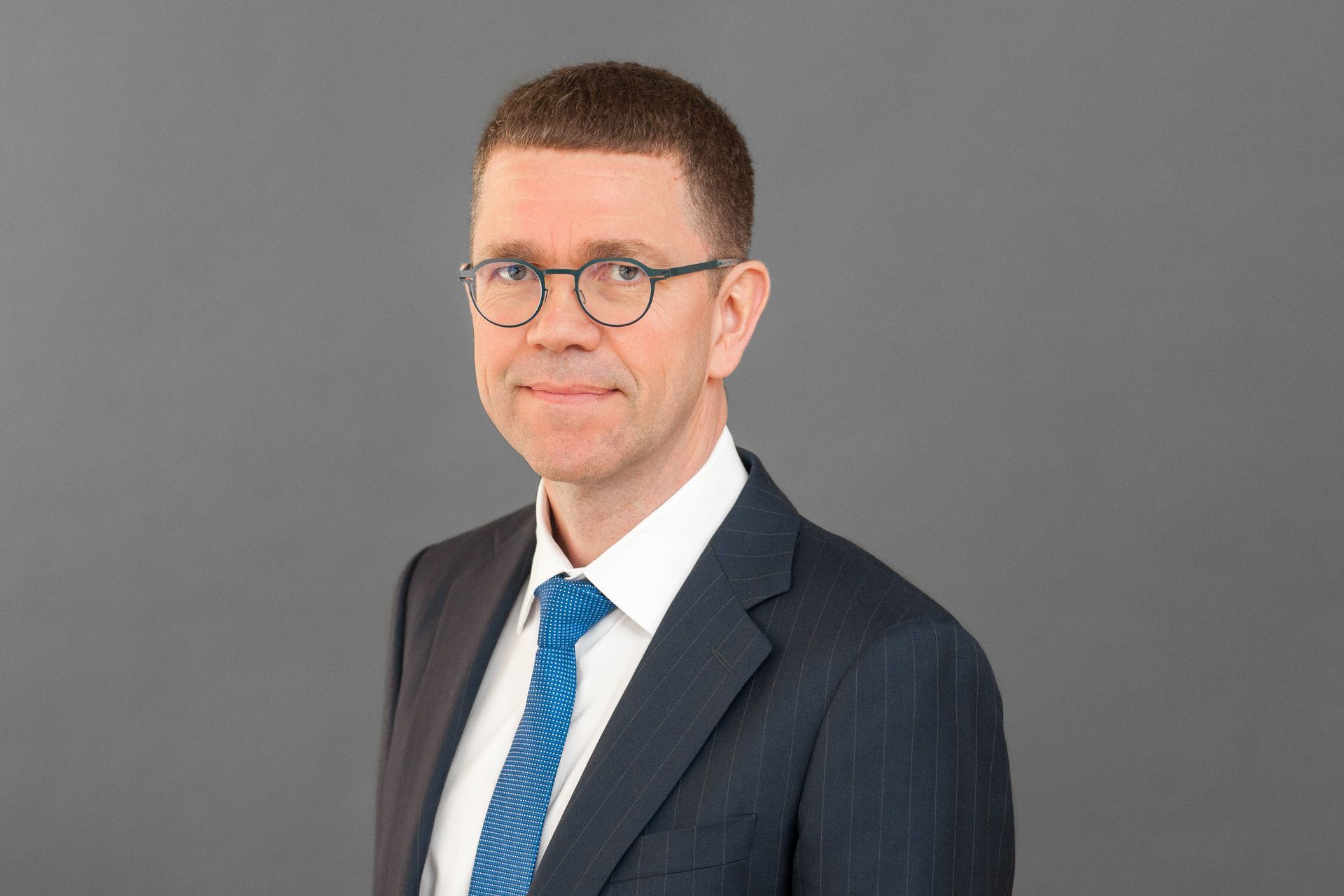
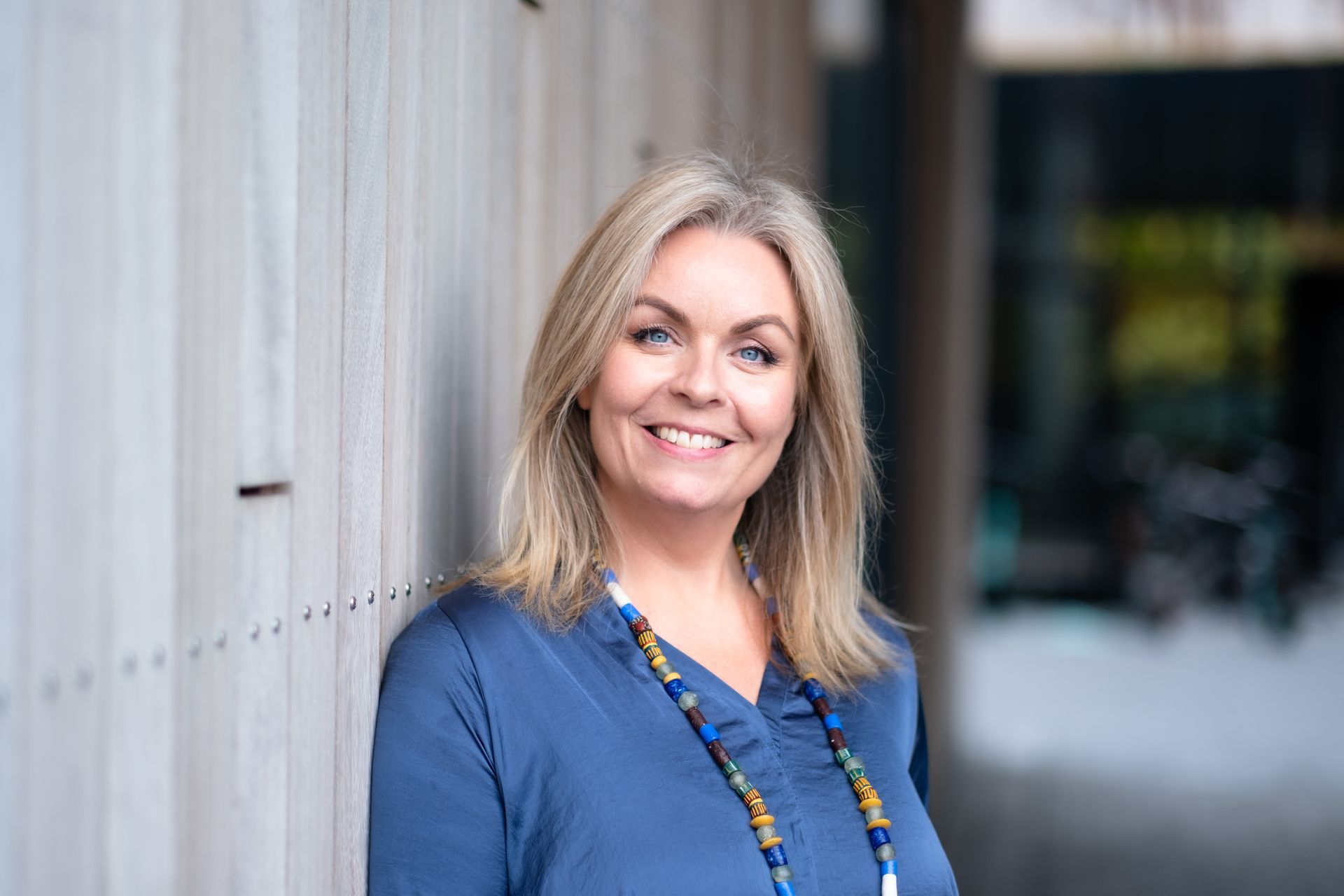
Elva Rakel Jónsdóttir
Elva Rakel Jónsdóttir is the CEO for Festa Center for Sustainability, an organisation of 200 of the largest companies in Iceland focusing solely on promoting the path to sustainability. Festa puts an emphasis on future proofing companies and organisations, building bridges and knowledge sharing, facilitating change and ESG capacity building among its members. Elva Rakel Jónsdóttir was previously the Director of the Department of Climate and Circular Economy at the Environment Agency of Iceland. For thirteen years she was also of CEO for the Icelandic division of the Nordic Ecolabel; The Swan. Elva Rakel has a BA in anthropology and an MSc from Lumes, Lund University in international environmental and sustainability science. Elva Rakel is also a board member of Green Scouts Iceland and The Association of Environmental Scientists of Iceland.
Online Speakers
Jane Goodall
Dr. Jane Goodall, DBE, founder of the Jane Goodall Institute (JGI) and UN
Messenger of Peace, is a world-renowned ethologist and activist inspiring greater
understanding and action on behalf of the natural world. Dr. Goodall is known for
groundbreaking studies of wild chimpanzees in Gombe Stream National Park,
transformative research which continues today as the longest running wild
chimpanzee study in the world. Jane’s work builds on innovative science, growing a lifetime of advocacy particularly through her global organization the Jane Goodall Institute, founded in 1977. Her trailblazing efforts advance community-led conservation through JGI’s Tacare approach empowering local communities to own the process of sustainable development and conservation, care and concern for orphan chimpanzees in two sanctuaries in Republic of Congo and South Africa and through Jane Goodall’s Roots & Shoots. Roots & Shoots is a global environmental and humanitarian program empowering young people of all ages to become involved in hands-on projects of their choosing to benefit the community, animals (including domestic animals) and the environment and is active in nearly 70 countries (www.janegoodall.global, www.rootsandshoots.global).
Today, Jane continues to connect with worldwide audiences during her global tours and through ‘Virtual Jane’ including remote lectures, recordings, and her podcast, the “Jane Goodall Hopecast.” Jane has received countless awards and hon. degrees and is the author of many books for adults and children including the latest “The Book of Hope: A Survival Guide for Trying Times.”
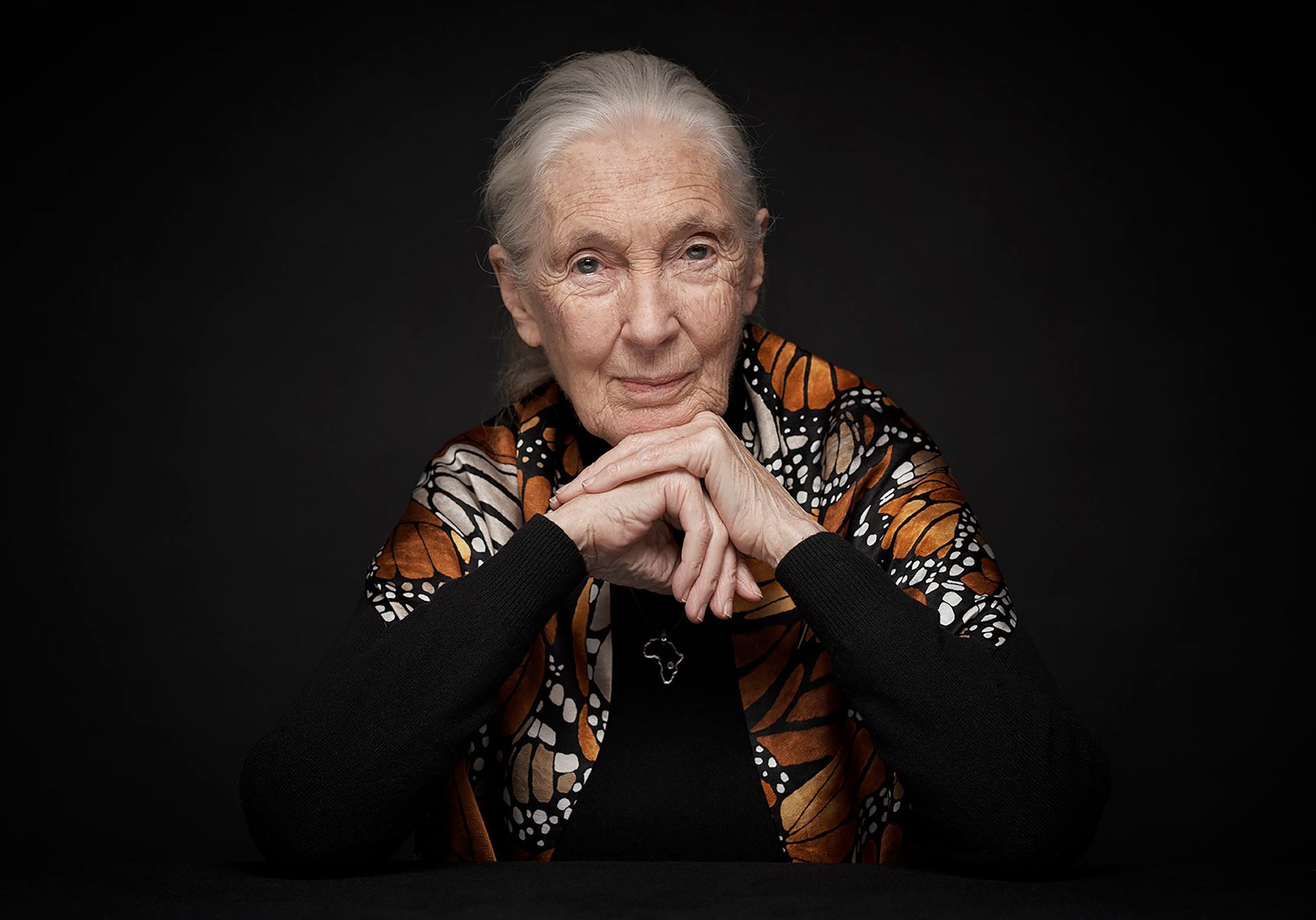
Photo credit: Vincent Calmel
Chair
Dr. Dora Gudmundsdottir
The chair of the Wellbeing Economy Forum is Dora Gudmundsdottir, the founder of the Forum. Dora Gudmundsdottir is Director of Public Health at the Directorate of Health in Iceland. She is a trained clinical and organisational psychologist and holds a PhD in public health. She is affiliated with the Wellbeing Institute at Cambridge University. Her research interests focus on the epidemiology of wellbeing and finding reliable measures to evaluate the wellbeing of a population. Dora leads a task on Wellbeing Economy in an EU founded joint action programme which funds this Forum. In Iceland, Dora and her team, leads the work on health promoting communities – wellbeing for all, which collaborates with the prime minister´s office on UN´s Sustainable Development Goals and Wellbeing Economy. She is one of the authors of the book “Creating The World We Want To Live In – How Positive Psychology Can Build a Brighter Future”.
ORGANISING COMMITTEE
Dóra Guðrún Guðmundsdóttir
Elín Hirst
Gígja Gunnarsdóttir
Harpa Þorsteinsdóttir
Margrét Jóhannsdóttir
Rósa Guðrún Erlingsdóttir
Sigríður Jakobínudóttir
Contact emails
SIGN UP NOW
Sign up now and get news regarding the Wellbeing Economy Forum
Velsældarþing póstlisti
Thank you for signing up on our email list.
Please try again later.
